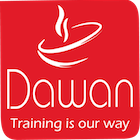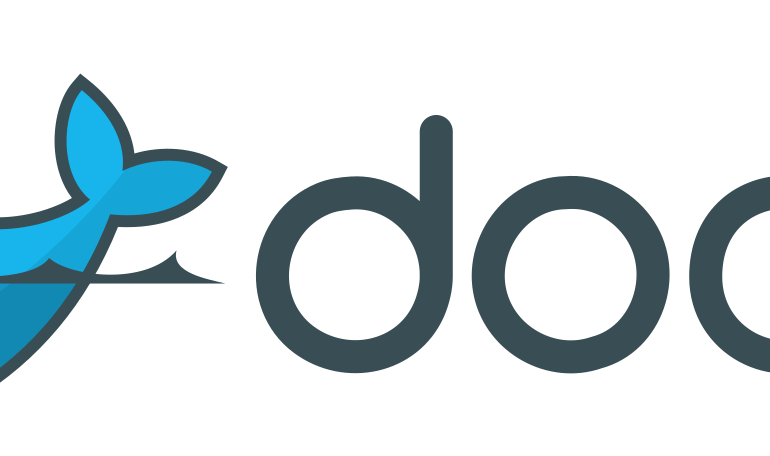Goals
- Understand and configure the advanced features of Docker
- Control the security of your Docker platform
- Control the image lifecycle
- Manage your private registry
- Control multi-host configurations with Swarm
- Deploy services and application stacks
- Control best practices
Program
Reminder of fundamental concepts and objects
Registers, images, containers, volumes …
Administer the docker daemon: environment, role, configuration, logs
Explain the configuration file
Configure the client-server architecture of Docker
Handling advanced features and important commands
Illustrate how the REST API works
Observe socket options for online access network.
Examine the « storage driver »
Configure connections behind a proxy
Practical workshop:
- Installation, configuration and start of the Docker daemon
- Client / host network access preparation. Customization of the Docker configuration
- API manipulations
Reminders on the design of « Dockerfiles »
Develop a design and fine management of the image lifecycle
Justify the management of the cache with « layers »
Break with the idempotence system
Build an image in « multi-stage builds »
Check the » application status in the image
Identify essential community projects: analysis, metrics, reverse-proxy, security
Practical workshop:
- Image creation via multistage-build
- Layer analysis, cache optimization
- Use of the private registry
- Use of community images
Reminders on concepts
Assemble resources (services, networks, volumes)
Intelligently integrate environment variables
Adapt build contexts: « Dockerfile »
Resolve dependencies between services
Set up execution control
Industrialize a stack docker-compose
Practical workshop:
- Design of an application through docker-compose and dockerfile
- Industrialization of the creation of docker-compose stack with the cookiecutter tool
Define the challenges of an orchestrator
Explain Swarm and its functionalities
Illustrate the notion of nodes (manager, worker)
Examine the network and the « mesh topologies »
Practical workshop:
- Installation of a swarm cluster (with docker-machine)
- Installation of infra visualization and monitoring tools
- Starting a service and scaling within the cluster
Consolidate resources through docker update commands
Delimit container execution domains (labels, node placements)
Use « rolling update » and « rollback » mechanisms
Practical workshop:
- On the basis of the infrastructure previously put in place, we will perform version upgrades, then perform rollbacks
- Optimization of the location of the containers
Secure the platform with TLS / SSL (client, hosts, registry)
Identify the risks: kernel, Docker service, containers, denial of service, network access
Use protection mechanisms: specific « subnet » by application, resource limitations by » cgroups « , access rights restrictions on sockets, container security policy
Examine docker » events «
Make images deployed in Docker more reliable: presentation of » Content Trust « to sign images
Practical workshop:
- Highlighting security flaws and best practices to adopt. Isolations and resource limitations
- Creation and deployment of signed images
Duration
2 days
Price
£ 1634
Audience
Docker Users
Systems and Network Administrators
Prerequisites
Have followed the "Docker initiation" course or have equivalent knowledge
Reference
OUT101040-F
Sessions
Contact us for more informations about session date

